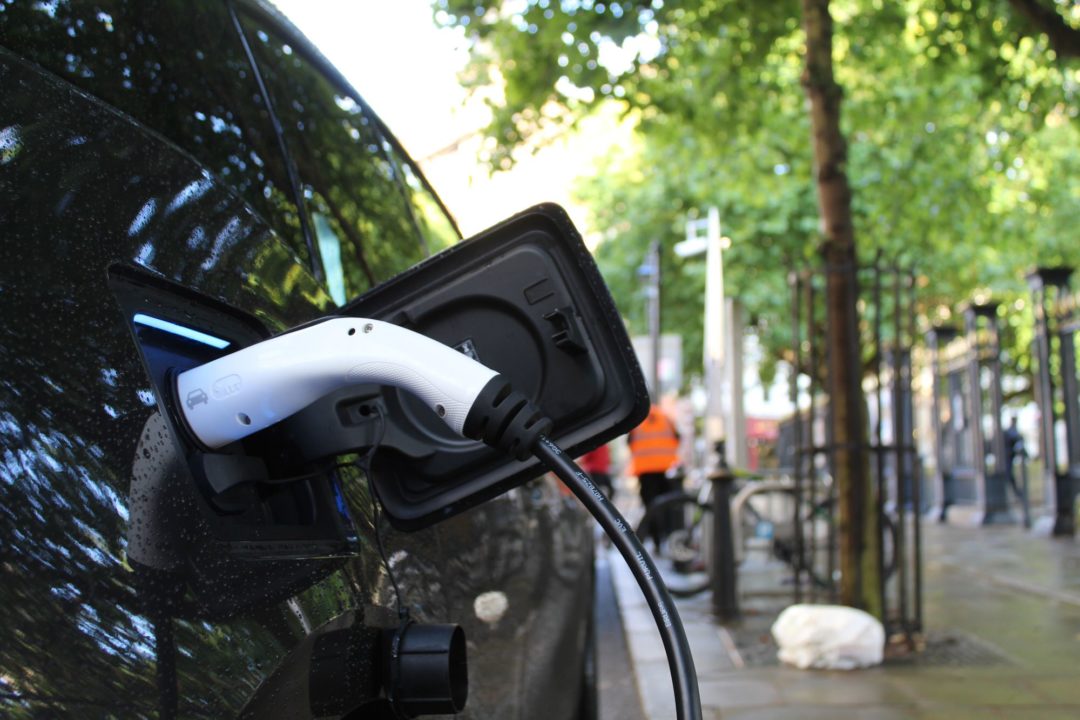The Country
In 2017, the Kingdom of Jordan stood at a historic crossroads. On one hand, the challenges of ongoing fossil fuel dependence threatened the Kingdom’s economy, security, stability, and environment. On the other, the King’s leadership and vision for a future of fully electrified transportation and 100% renewable energy pointed the way to a truly sustainable, self-reliant, and prosperous society.
The Royal Court believed that with focused and targeted efforts, the Kingdom could become a regional leader in electric vehicle (EV) deployment, develop an economically prosperous innovation ecosystem, address key air quality goals, reduce greenhouse gas (GHG) emissions, and promote energy independence and sustainability.
The Challenge
The rapid development of a robust EV ecosystem in the Kingdom of Jordan is as challenging as it is essential. The development and deployment of a robust EV ecosystem is necessarily a complex, multi-year undertaking—one requiring the careful layering of multiple strategies and coordination across multiple agencies within the Kingdom.
One key challenge and barrier is persistent range anxiety among EV drivers due to significant gaps in the public charging network and slow charging rates at many facilities. Other challenges include the high cost of many EVs and the inadequate return on investment (ROI) in public charging stations due to price caps on the electricity tariff that can be charged to EV drivers. This low ROI has discouraged investment in additional charging infrastructure, especially DC Fast Chargers.
The Solution
For guidance overcoming these challenges, the Kingdom of Jordan engaged ChargePoint—the world’s largest network of electric vehicle (EV) charging stations in North America, Europe, and Australia. ChargePoint, in turn, turned to Momentum, which had already helped the California-based firm win more than $13 million in grant funding for a variety of projects, including installing EV charging stations at Disneyland and along most of California’s North-South and East-West highway corridors.
Momentum began the effort by conducting extensive research about the Kingdom of Jordan, the global EV market, and the ways in which other countries around the world had sought to encourage or incentivize the adoption of EVs and an EV charging infrastructure. Armed with this knowledge and information gathered in initial conversations by phone with representatives of the Kingdom, three Momentum team members accompanied a representative from ChargePoint to the Kingdom of Jordan for a week of meetings and travel.
During the visit, Momentum and ChargePoint personnel met with representatives from numerous organizations and government agencies to discuss challenges and opportunities related to the development of a robust EV ecosystem in the Kingdom. Key stakeholders visited include the Energy & Mineral Regulatory Commission, the Jordan Electric Power Company, and the Ministries of the Environment, Transportation, and Energy.
The Result
After returning to the United States, Momentum prepared and submitted a detailed blueprint outlining strategic recommendations for managing the Kingdom of Jordan’s transition to widespread deployment of EVs. Key recommendations included establishing a Jordanian National EV Council, developing future-proofed EV charger performance standards, identifying optimum public charging sites and EV corridors, and encouraging utility support for public and EV residential charging via favorable EV tariffs.
Ultimately, the blueprint was designed to give the Kingdom a clear pathway to establishing itself as the “EV Capital of the Middle East” and as a locus for private investment in electric vehicles and charging infrastructure.

